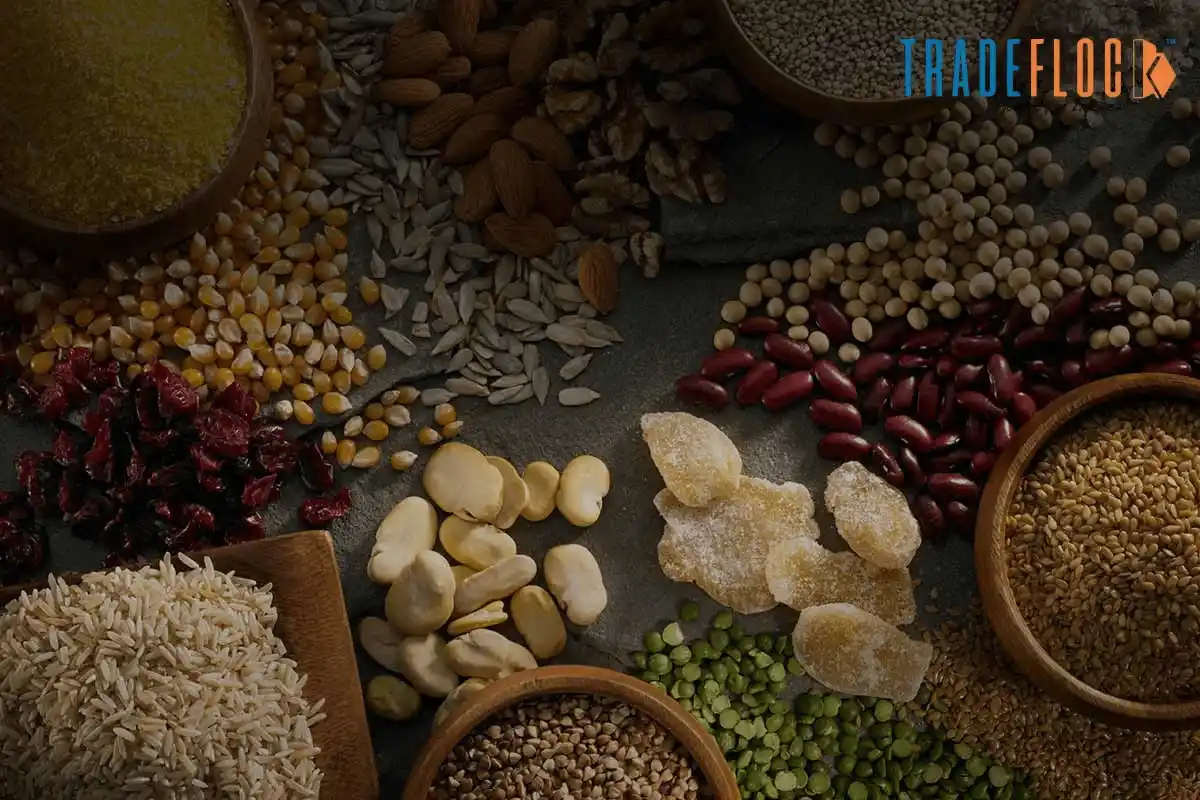We consume pulses for our nutritional intake, yet the question arises: do pulses truly offer adequate nutrition? This concern extends beyond pulses to wheat, rice, fruits, vegetables, and even millet, often hailed as a superfood. Alarmingly, the nutritional content of these staples has declined. It’s commonly assumed that a diet of ‘healthy foods’ will ensure our fitness and shield us from illness. But how can this be guaranteed when the very sustenance we depend on is itself deficient in nutrients?
In a 2021 study, researchers affiliated with the Indian Council of Agricultural Research (ICAR) and Bidhan Chandra Krishi Viswavidyalaya observed a worrying decline in the levels of zinc and iron in Indian-grown rice and wheat. Zinc and iron deficiency pose a significant health challenge globally, particularly for those whose diets are predominantly cereal-based. This issue is especially acute in economically disadvantaged regions such as Sub-Saharan Africa and South and Southeast Asia.
A recent study, building upon research from 2021 by the Indian Council of Agricultural Research (ICAR) and Bidhan Chandra Krishi Viswavidyalaya (BCKV), investigated the causes of zinc and iron shortages in populations reliant on cereal-based diets. The study found that high-yield varieties of rice and wheat show a decreasing trend in the zinc and iron concentrations. Over the past five decades, the levels of these vital nutrients have dropped by 33% and 27% in rice and by 30% and 19% in wheat, respectively. Alarmingly, the study also discovered that the amount of arsenic, a harmful element, in rice, has surged by 1,493%.
In his research paper “What Your Food Ate,” Professor David R. Montgomery from the University of Washington examines the direct effects of nutrient depletion on our immune system, which is crucial for defending us against severe illnesses. He notes that despite consuming what is considered nutritious food, many individuals today are not as healthy as their ancestors, who ate similar foods and enjoyed better health. This suggests a significant change in the nutritional quality of our food over time.
Experts believe that the decline in the nutritional content of our food is due to current farming methods that focus on producing more crops rather than maintaining healthy soil. These methods, such as the way we water, fertilise, and gather crops, interfere with the important relationship between plants and the fungi in the soil, which affects how well plants can get nutrients from the soil. This problem is made worse by climate change and the increase of carbon dioxide in the air, which further lowers the nutritional quality of our fruits, vegetables, and grains.






